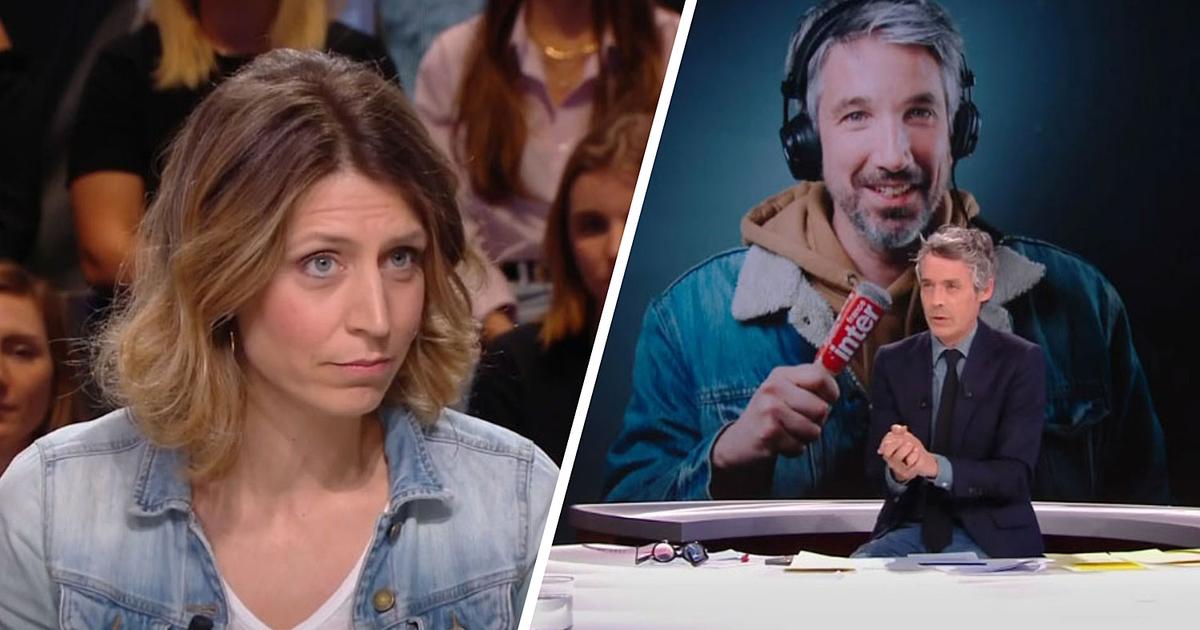Radio France Fires Comedian Guillaume Meurice, Sparking Internal Turmoil
Comedian Guillaume Meurice, known for his satirical commentaries, has been fired by Radio France after twelve years of service. This decision, triggered by a controversial joke about Israeli Prime Minister Benjamin Netanyahu, has spurred a wave of resignations and heated debates about freedom of expression and media independence within France Inter.
In October, Meurice likened Netanyahu to 'a kind of Nazi, without a foreskin,' which resulted in his initial suspension in April for refusing to apologize. On May 30, he was dismissed for 'serious misconduct.' Adèle Van Reeth, director of France Inter, emphasized that the firing was not for the joke itself but for Meurice's attitude thereafter. She noted that Meurice was well aware of the repercussions of repeating his comments.
Reactions and Resignations from Colleagues
In response to Meurice's dismissal, several colleagues have resigned in protest. Comedian Thomas VDB, who had planned to host a show this summer, and Pierre Thévenoux are among those who left in solidarity. Meurice addressed his dismissal in an open letter, criticizing the management's handling of the situation and accusing them of 'making victims appear guilty.' He also highlighted past instances where other comedians had similarly been ousted following disputes with the hierarchy.
Concerns Over Media Independence
The situation has sparked broader concerns about the independence of public service media. Meurice contended that his firing reveals a worrying trend of censorship and compliance. In his letter, he criticized the current political landscape, suggesting that his dismissal serves an ideological agenda favoring the far right. Reactions have emerged across social media, with supporters contending that Meurice embodied the spirit of public service broadcasting.
Looking ahead, uncertainties linger over the future of certain programs on France Inter, as colleagues like Charline Vanhoenacker openly question the station's direction. The potential merger between Radio France and France Télévisions has also stirred anxieties about privatization and maintaining media independence in a politically charged environment.
- The comedian's remarks about Netanyahu have garnered international attention, igniting a broader discussion on provocative humor in media.
- Adèle Van Reeth's defense of the firing stresses the complex balance public broadcasters must maintain between free speech and responsible journalism.
- Some observers suggest that the wave of resignations may lead to significant changes within France Inter, prompting reevaluation of its editorial policies.






